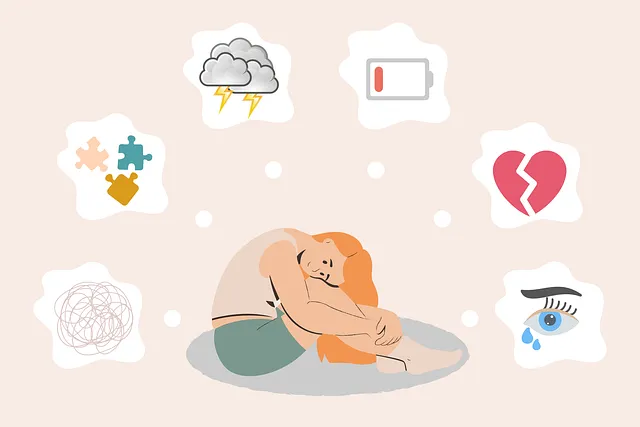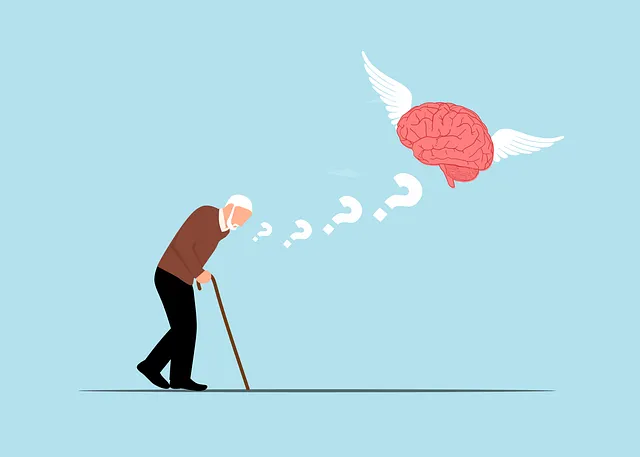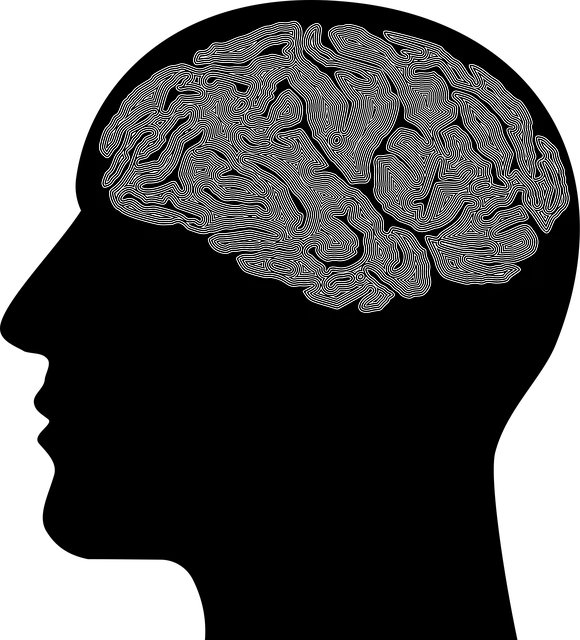Early signs of depression include persistent sadness, sleep/appetite changes, fatigue, and thoughts of self-harm. Kaiser Permanente mental health Aurora emphasizes early intervention through healthcare support and journaling exercises. Healthy lifestyle habits like exercise, diet, and sleep prevent depression and enhance mental fortitude. Strong social connections and cultural sensitivity in care are powerful tools against depression. Professional assistance, including therapy and risk management planning from Kaiser Permanente in Aurora, is crucial for prevention and improved well-being.
Depression is a serious yet treatable condition that affects millions. If you reside in Aurora or anywhere within Kaiser Permanente’s reach, recognizing early signs and adopting preventive strategies can be life-changing. This article guides you through essential steps to boost your mental well-being, including understanding common symptoms, embracing healthy lifestyle habits, fostering strong social connections, and exploring professional therapy options available through Kaiser Permanente’s comprehensive mental health services in Aurora.
- Recognize Early Signs and Symptoms of Depression
- Adopt Healthy Lifestyle Habits for Mental Well-being
- Cultivate Social Connections and Support Systems
- Access Professional Help and Therapy Options
Recognize Early Signs and Symptoms of Depression

Recognizing the early signs and symptoms of depression is a vital step in preventing its onset and promoting mental wellness. According to Kaiser Permanente mental health Aurora, some common indicators include persistent feelings of sadness or hopelessness, significant changes in appetite or sleep patterns, fatigue, difficulty concentrating, and thoughts of self-harm. These signs may seem subtle at first, but they can significantly impact an individual’s daily functioning and overall quality of life.
Early intervention is key, and individuals should be encouraged to seek support from healthcare providers who can offer effective strategies. Mental wellness journaling exercises have been proven to help individuals track their emotions and identify patterns, while cultural competency training for healthcare professionals ensures they are equipped to provide culturally sensitive care tailored to diverse populations.
Adopt Healthy Lifestyle Habits for Mental Well-being

Adopting healthy lifestyle habits is a cornerstone of maintaining mental well-being, as emphasized by Kaiser Permanente mental health Aurora. Regular physical activity, a balanced diet rich in nutrients, and sufficient sleep are foundational elements that contribute to a resilient mind. Exercise releases endorphins, which can improve mood and reduce symptoms of depression. A nutritious diet supports brain function and stabilizes energy levels, while quality sleep allows the body and mind to recharge, enhancing overall mental resilience. These habits not only promote better mental health but also serve as effective depression prevention strategies.
In addition, cultivating social connections and engaging in activities that bring joy are essential for building resilience. Public awareness campaigns can play a crucial role in educating communities about these practices, fostering an environment where mental well-being is prioritized. By integrating these healthy lifestyle habits into daily routines, individuals can better navigate life’s challenges and strengthen their defenses against depression.
Cultivate Social Connections and Support Systems

Cultivating strong social connections is a powerful tool in the fight against depression. According to Kaiser Permanente mental health Aurora experts, having a robust support system can significantly contribute to overall well-being and resilience. Building and maintaining relationships with friends, family, or supportive communities provides a sense of belonging and purpose, which are essential for mental stability. Sharing thoughts and feelings with trusted individuals can help reduce the burden of loneliness and isolation often associated with depression.
The role of cultural sensitivity in mental healthcare practice cannot be overstated. Recognizing and respecting diverse cultural backgrounds fosters an environment where individuals feel understood and comfortable seeking help. Incorporating cultural sensitivity into treatment plans allows for more personalized approaches to stress management, ensuring that prevention strategies resonate with people from various ethnic, social, and economic groups. This inclusive approach to mental health awareness promotes better outcomes and encourages proactive measures against depression.
Access Professional Help and Therapy Options

Depression prevention isn’t just about self-care; it often requires professional guidance and support. If you’re feeling overwhelmed or experiencing persistent sadness, it’s crucial to reach out for help. Kaiser Permanente mental health services in Aurora offer a range of options tailored to individual needs.
Therapy plays a significant role in preventing and managing depression. Mind Over Matter Principles focus on challenging negative thought patterns and cultivating positive mindset shifts. Resilience Building techniques empower individuals to cope with stress and adversity, while Risk Management Planning for Mental Health Professionals provides tools to identify and mitigate potential triggers. Accessing these services can be a game-changer, fostering self-awareness, building coping mechanisms, and enhancing overall well-being.
Depression prevention is a holistic process that involves recognizing early signs, adopting healthy lifestyle habits, cultivating strong social connections, and accessing professional help when needed. By integrating these strategies into daily life, individuals in Aurora can enhance their mental well-being, just as Kaiser Permanente’s mental health services in the region support and empower residents to navigate challenging times. Remember, early intervention and a proactive approach are key to preventing depression and fostering a healthier, happier life.






